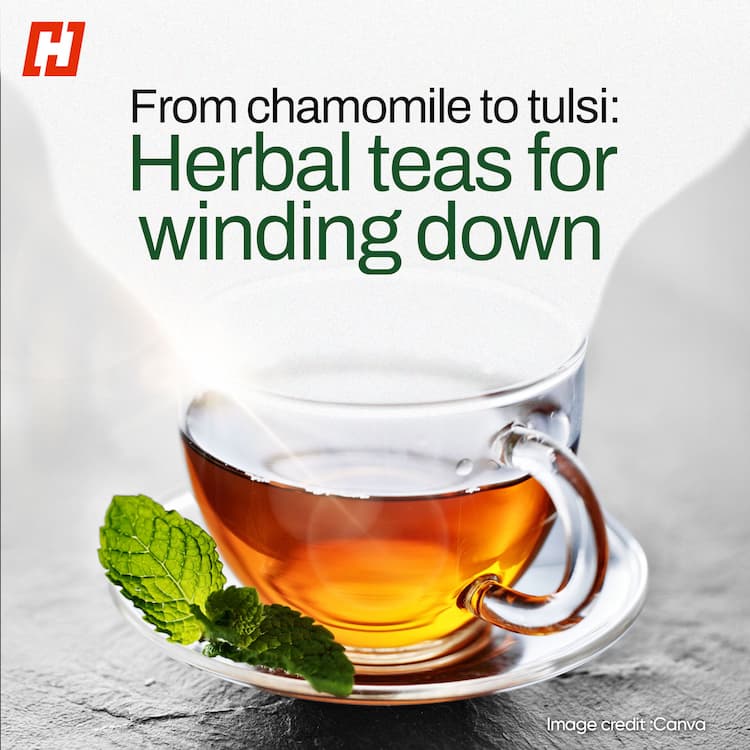If you’ve ever spent an entire Sunday wrapped in a burrito of blankets, doing nothing but chilling on your bed; congrats, you’re not alone. You’ve just participated in a viral wellness-antiwellness phenomenon known as ‘bed rotting.’
Gen Z has given a fancy new name to what many of us thought was just “doing nothing.” But as relatable as it sounds, there’s a deeper story. Is this just harmless loafing, or a quiet sign of something bigger? Let us explore the trend.
What is ‘Bed Rotting’?
The internet may have packaged it with memes and TikTok videos, but the essence of bed rotting is ancient. Picture this: you’re lying in bed, with no obligations, ignoring calls, and doing nothing. It feels passive, almost meditative, but also like you’re dodging life with a giant digital pillow. Psychologists suggest it’s not just laziness; it's the mind’s way of saying that it needs a break.
According to a recent survey by Amerisleep involving over 1,000 Americans, bed rotting is way more common than it seems. In fact, it’s become a normalised escape route. Mental health experts believe it reflects rising levels of anxiety, stress, and overstimulation.
The same report revealed that the average American clocks in 364 hours of bed rotting per year — that’s roughly 15 full days. But Gen Z is ahead with a whopping 498 hours annually. Women reportedly do it more than men, and hybrid workers (the ones stuck between Zoom calls and existential dread) are most likely to disappear into their duvets. So yes, your boss might also be bed rotting between Slack pings.
Pleasurable, but guilt slowly seeps in
Sure, a cosy scroll-fest sounds dreamy. But here’s the twist: over half the people surveyed feel guilty after a bed rot session. Many admit to skipping work, cancelling social plans, or ignoring responsibilities. According to Vice, mental health professionals caution that while occasional bed rotting is fine, doing it regularly could be a red flag. If your mattress is becoming your main personality trait, it might be time to ask: is this self-care, or slow-burning burnout?






